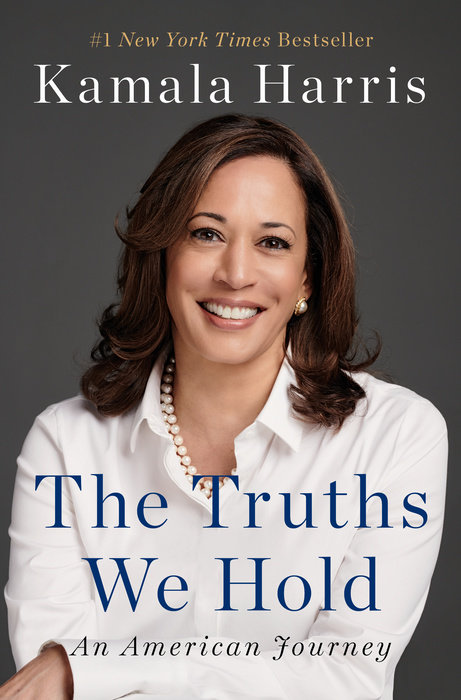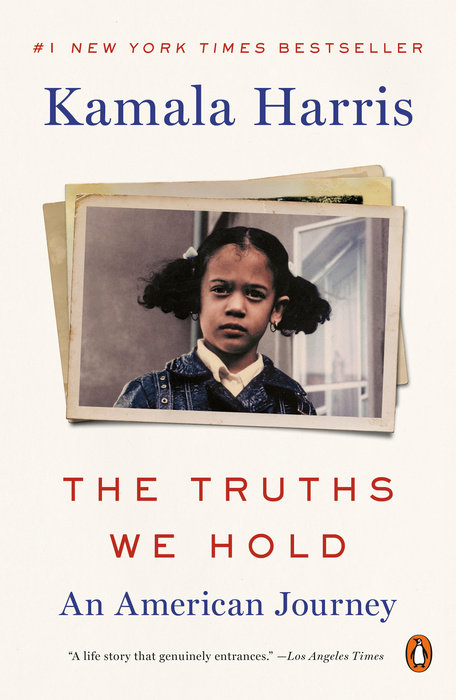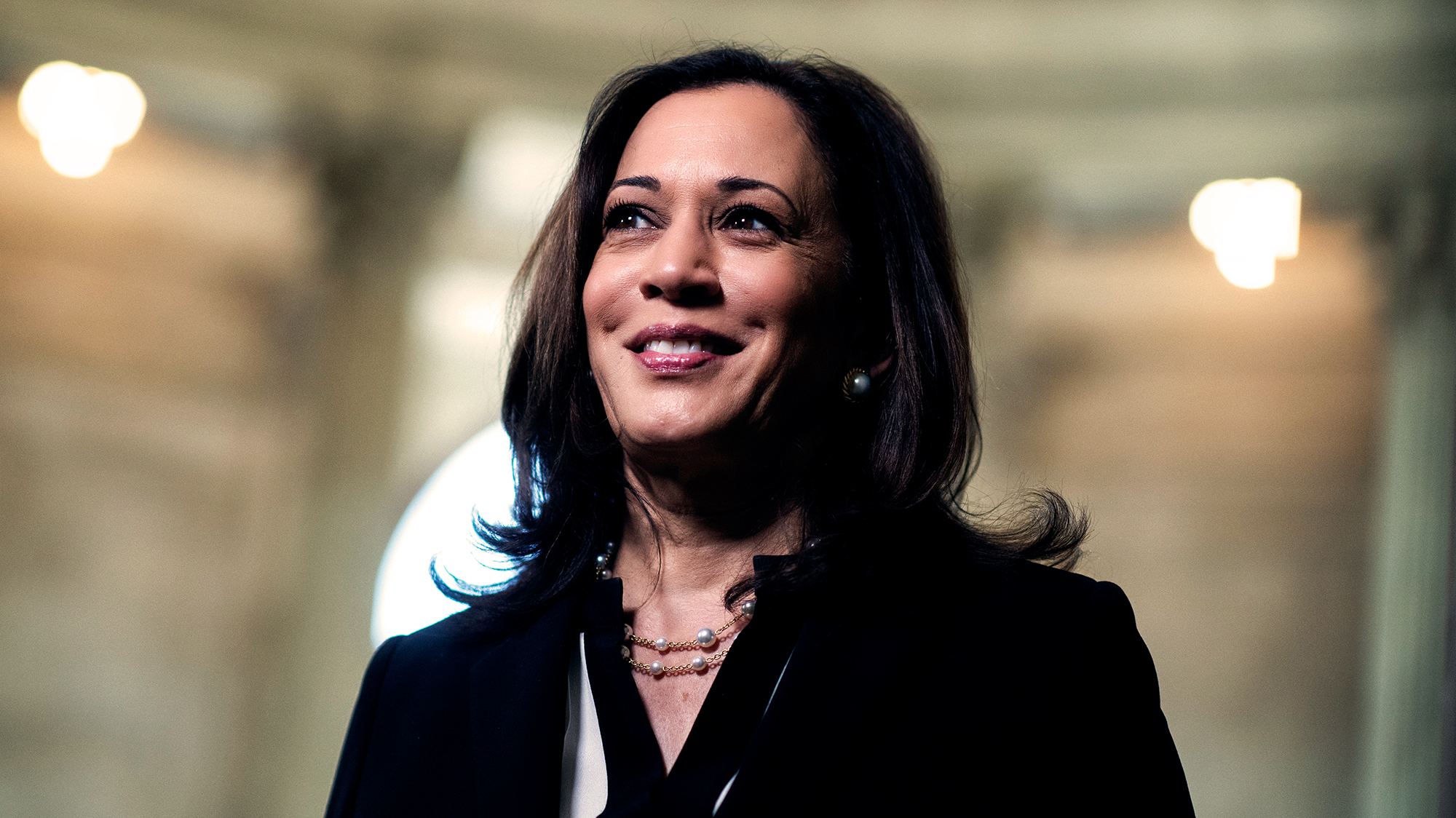The reconstruction of the Union seemed to be on everyone’s mind, including abolitionists. In late January 1864 [William Lloyd] Garrison challenged an anti-Lincoln resolution at the Massachusetts Anti-Slavery Society meeting. Garrison’s longtime friend Wendell Phillips, primed to take the helm of abolitionism from his old friend and mentor, labeled Lincoln “a half-converted, honest Western Whig, trying to be an abolitionist.” As Garrison stared down emancipation, Phillips looked past emancipation at the reconstruction of the United States. Back in December 1863, Lincoln had announced his Proclamation of Amnesty and Reconstruction, which offered restoration of rights (except slave-holding) to all Confederates taking the loyalty oath. When loyalty levels reached 10 percent, states could establish governments that restricted civil rights for Black residents, Lincoln had proposed. But this proposal “frees the slave and ignores the negro,” Phillips snapped. The sizable free biracial community of New Orleans snapped, too, demanding voting rights. These biracial activists separated “their struggle from that of the Negroes,” said an observer. “In their eyes, they were nearer to the white man, they were more advanced than the slave in all respects.” Overtures to Louisiana Whites failed, and biracial activists had no choice but to swallow their racist pride and ally with emancipated Blacks by the end of 1864.
Ibram X. Kendi, Stamped From the Beginning: The Definitive History of Racist Ideas in America, (New York: Hachette Book Group, 2016), 226.







